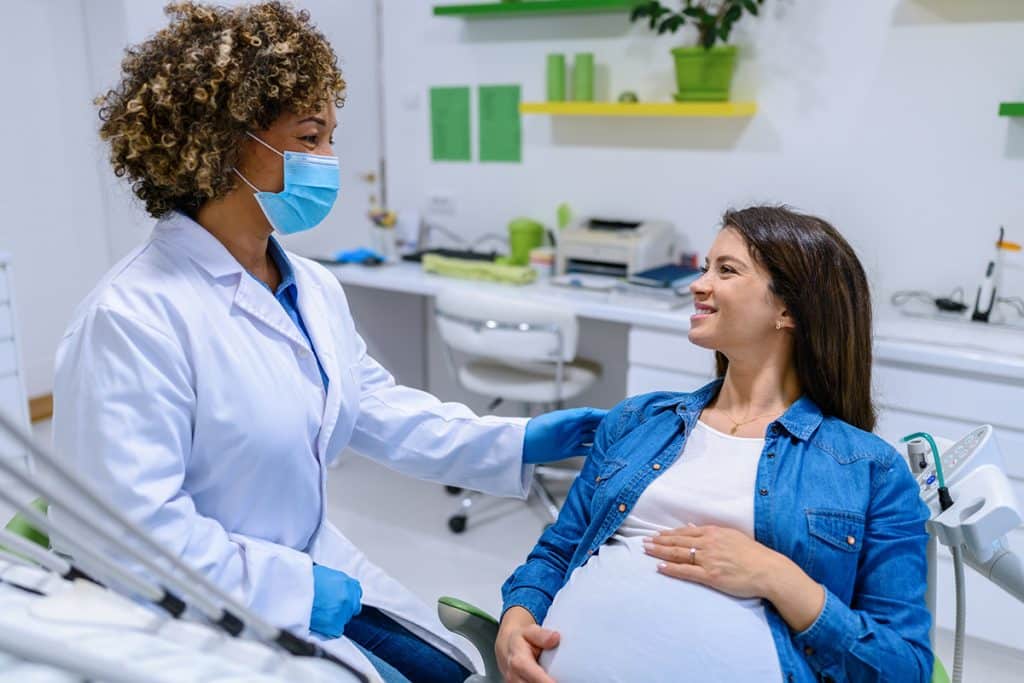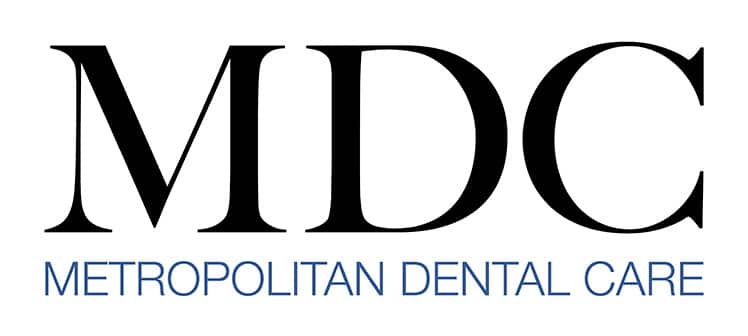Managing your Oral Health while Pregnant

The American Dental Association, the American Congress of Obstetricians and Gynecologists and the American Academy of Pediatrics all recommend women visit the dentist while pregnant. Hormonal changes during pregnancy make women more susceptible to gingivitis (gum inflammation) and tooth decay. You should always let your dentist know you are pregnant or if you think you could be pregnant, since it may be recommended to delay some procedures while pregnant.
Some women who have never had any bleeding of their gums may develop "pregnancy gingivitis". This may manifest as swollen, tender, or bleeding gums. If left untreated, gingivitis can potentially progress to a more serious gum disease. Your dentist may recommend more frequent cleanings while you are pregnant if you are experiencing pregnancy gingivitis. Some women may develop overgrowth of tissue on the gums called pyogenic granulomas or "pregnancy tumors". They are benign and often disappear after giving birth.
Pregnant women may be more susceptible to cavities. This can be a result of eating more carbohydrates and sugar while pregnant or an increased exposure to acid in the mouth from vomiting. Toothbrushing may not be as meticulous while pregnant due to a more sensitive gag reflux, morning sickness, sore gums, or exhaustion.
While invasive dental procedures are typically postponed until after a pregnant woman gives birth, emergency dental treatment is safe for both the mother and fetus. A 2015 study published in the Journal of the American Dental Association showed that the use of local anesthesia during pregnancy is safe for the mother and fetus. Radiation from dental x-rays is extremely low dose, therefore it is safe to have dental x-rays taken while pregnant. While routine x-rays are avoided while pregnant, it is safe to take x-rays during a dental emergency. The best way to prevent dental emergencies while pregnant is by attending your regular dental cleanings and examinations.
